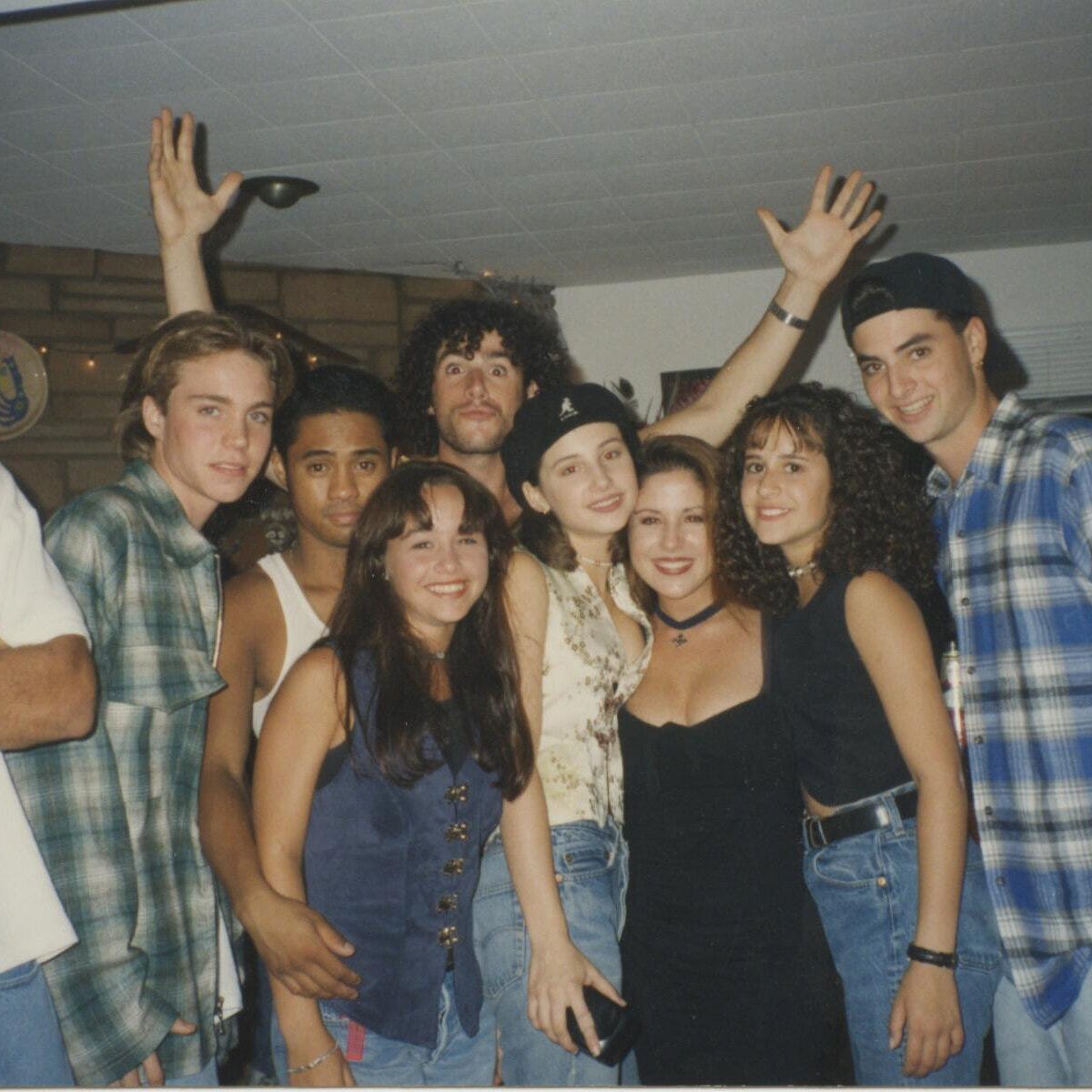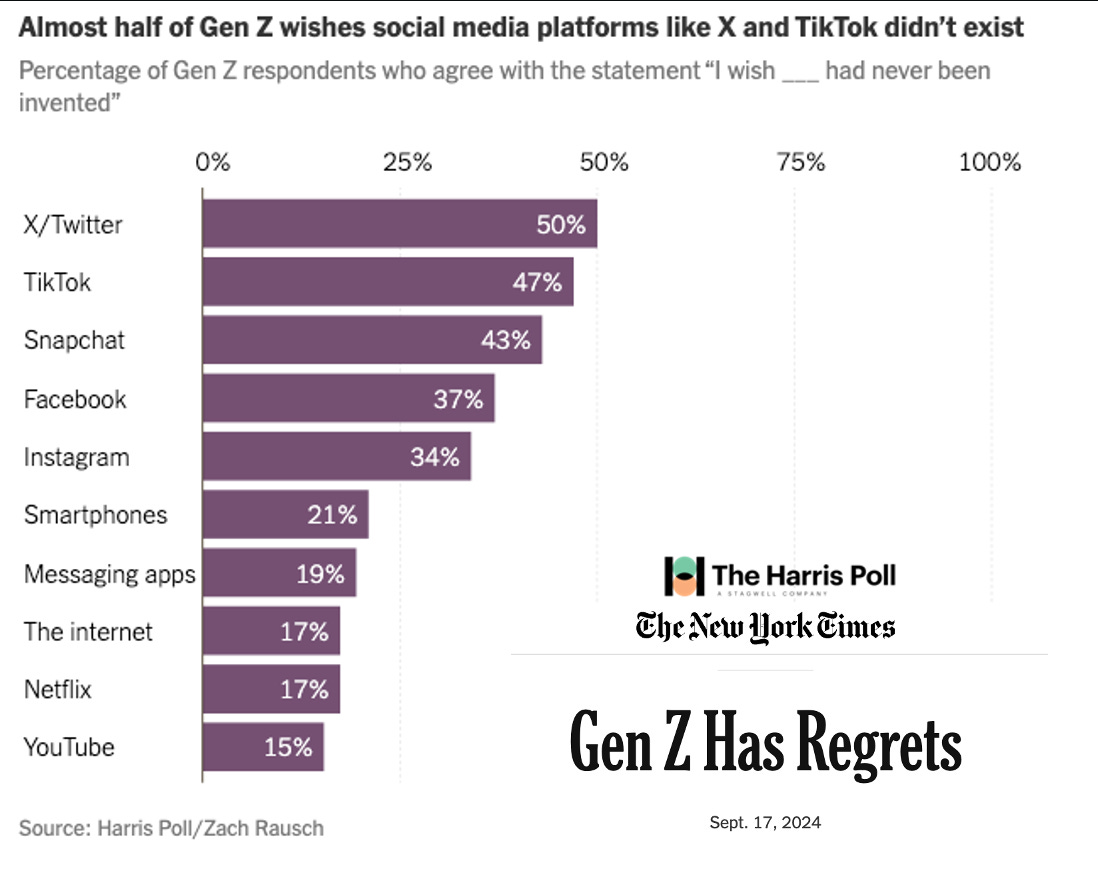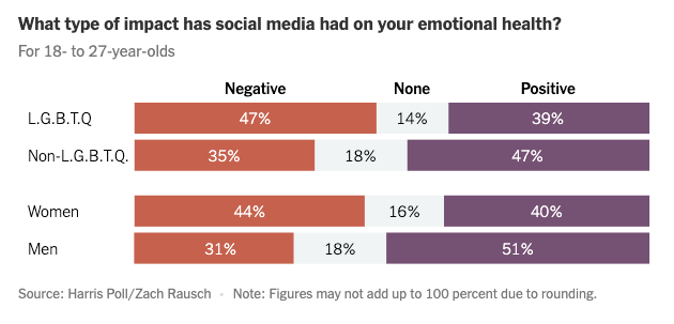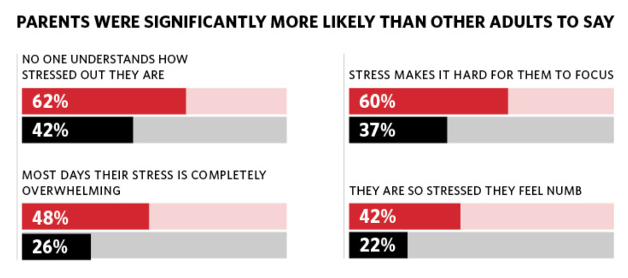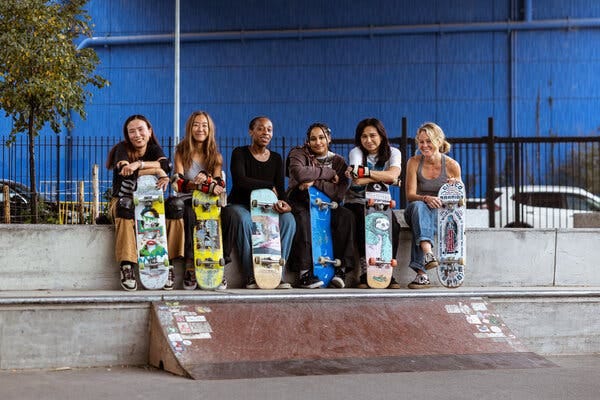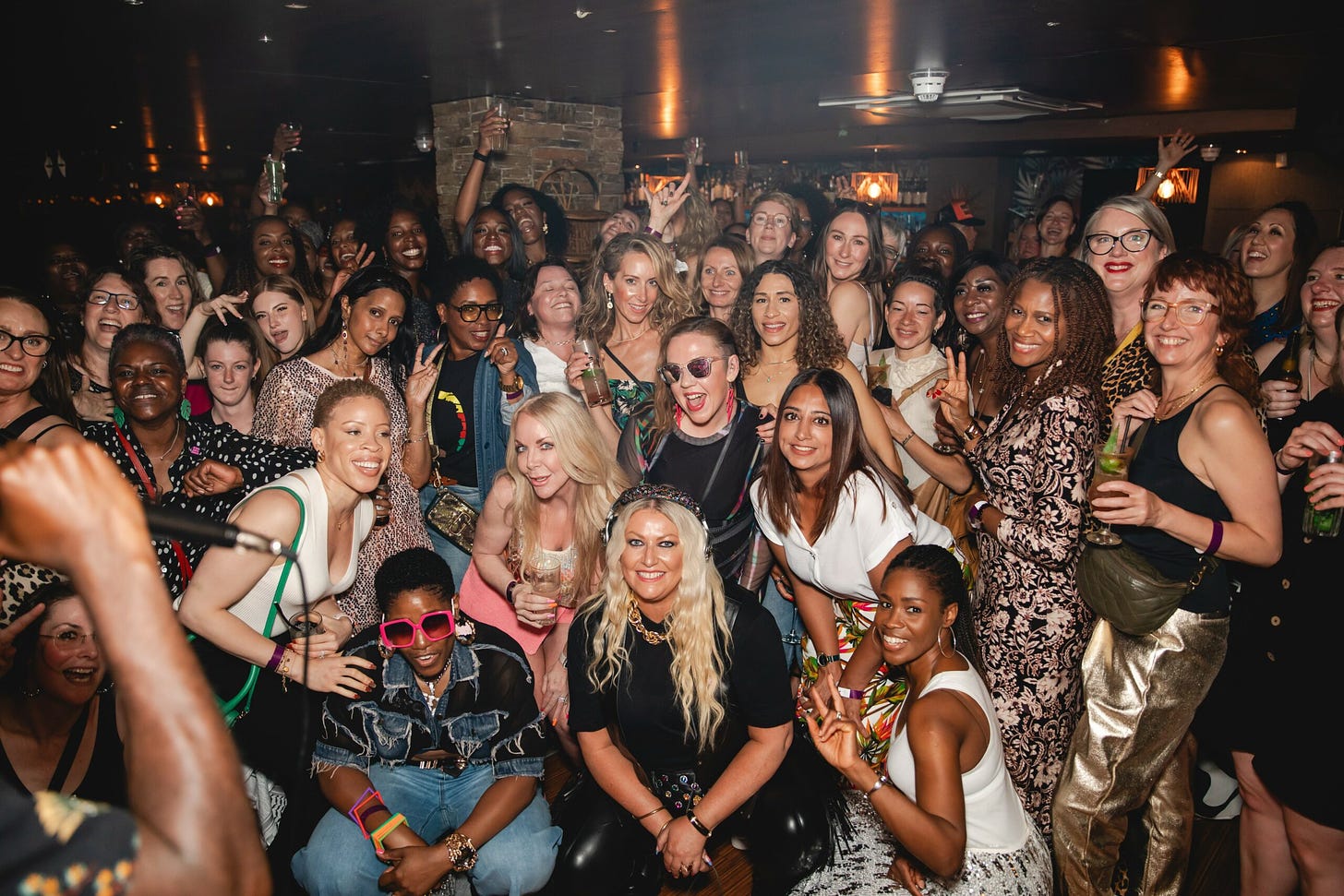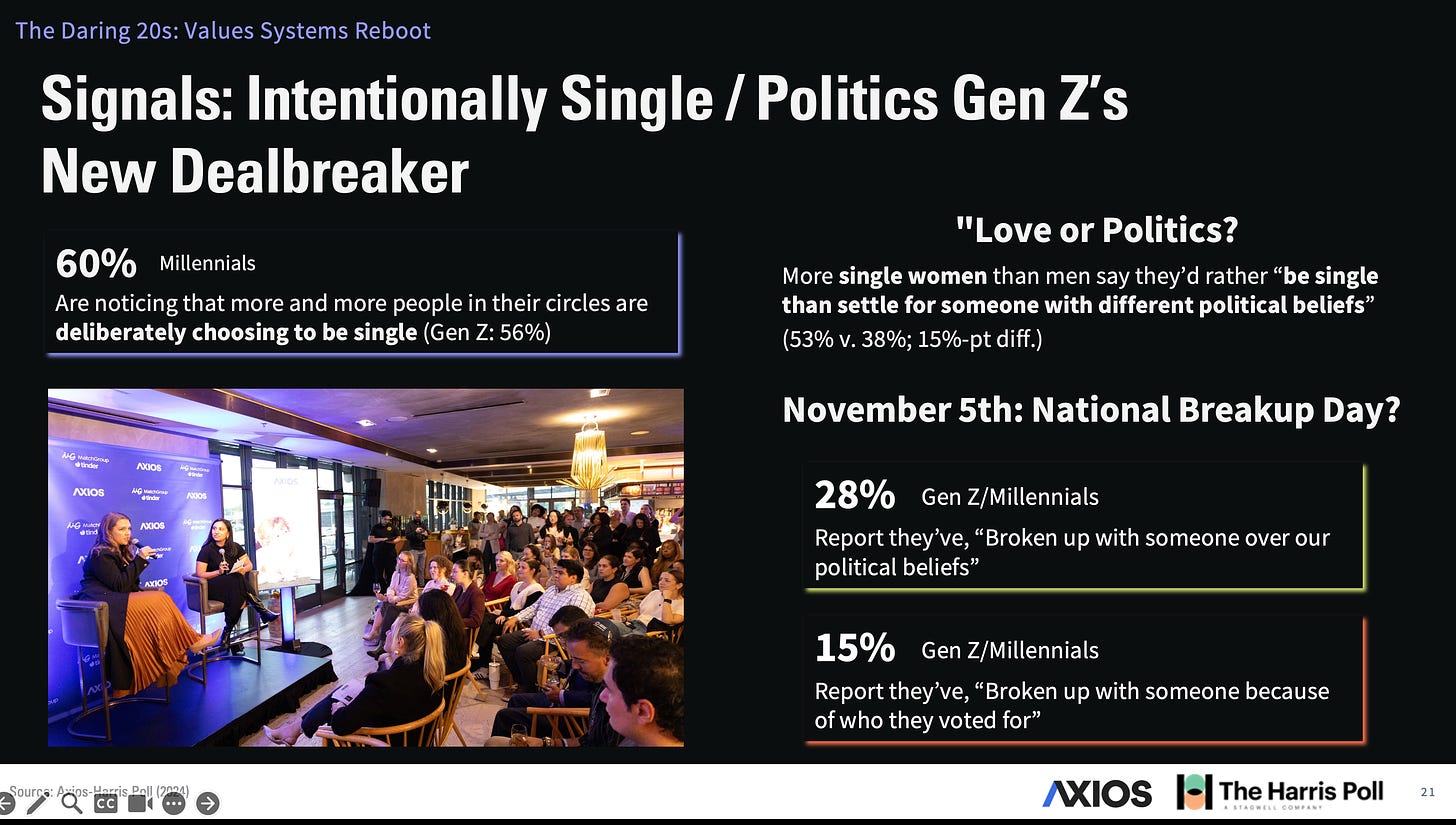Signals to Scenarios: The Dawn of the Daring Twenties
First part of three-part series highlighting our presentation from the Forbes CMO Summit 2024
Welcome to the first entry of our three-part series, spotlighting our "Signals to Scenarios" presentation, which John Gerzema and I shared at the Forbes CMO Summit. "Signals to Scenarios" reflects the essence of our work. We gather hundreds of signals daily—from global quantitative data points, ethnographies, journaling, in-depth interviews, salons, and expert interviews. These signals are not just static data; they are vibrant echoes of emerging desires and needs.
Change might seem slow, but it accrues a rhythm and pace that can predict and influence major shifts. This series aims to provide a closer look at the deck we presented at the Forbes CMO Summit and delve deeper into the implications of our findings.
«First, let’s set up the shifting context of our times.»
The Dawn of The Daring Twenties
The onset of the 2020s was marked by deep anxiety, societal division, and existential threats, with the current election cycle highlighting the peak of this turmoil. Yet historically, Americans have been hard-wired for optimism, agency, and rejuvenation, reminiscent of a post-war resurgence. Recent data signals suggest we are approaching a new chapter—"The Dawn of the Daring Twenties." Post-2025, this era will be characterized not by people and communities waiting to be rescued but instead by those forging new paths toward meaning, security, wellness, and connection.
The Core Principles of The Daring Twenties
Intuiting vs. Analyzing: Trusting one’s instincts over the prescribed expertise.
Breaking Away from Conventions: Rejecting the institutional and normative frameworks that have long dictated societal behavior.
Living for the Now: Focusing on immediate adaptation and reinvention rather than distant, meticulously planned futures.
Community Energy: Drawing strength from new, dynamic communities continuously evolving with fresh interests and shared resilience.
This transformative period is fueled by an innate drive to break away from social conventions, reclaim autonomy, and reimagine a future that feels good. It’s a mixture of #mecore (e.g., finding unadulterated truth in personal expression and experience) and #humancore (e.g., relating to the human truths that we are more alike than different and need each other for mutual support).
The Three Macro Forces Defining the Daring Twenties
In this series, we will explore three pivotal macro forces that fuel this new dawn:
System Values Reboot: Today’s focus will discuss the significant shifts reshaping our value systems.
Vibes-First Relating: Next week, we will examine how feelings and emotional resonance are today’s storytelling.
Everyone's a Centaurian: The final installment of our series will focus on the themes of longevity, wealth, and reimagined life cycles.
Marco Force: System Value Reboot
Our journey begins with the "System Values Reboot," a critical examination of how entrenched values are being questioned and redefined. This force represents a profound realignment of what we hold important, driven by societal shifts that continue to resonate deeply within communities, regardless of external opinions.
1. Signal: Regret-Free Realms
«The image above 90s kids hanging out (free and irresponsible) is a trope online that Gen Z often has a bittersweet longing for.»
Gen Z, our first social native generation, is also the first to raise their hand🙋🏽♀️🙋🏽♀️🙋🏽♀️ and wish it all away. Our CEO, Will Johnson’s NYTimes, collaborated with NYU professor Jonathan Haidt, surfacing that nearly half of Gen Z wish X and TikTok didn’t exist.
Let’s put this in context: over half of Gen Z (55%) started social media platforms before they were 15, and over half of Gen Z women and Gen Z LGBTQIA+ folks describe their experience with social media as more negative than positive.
These young individuals are not just passive consumers but active critics of the digital landscapes they inhabit. They are at the forefront of envisioning what a break from relentless social connectivity could mean. This movement is gaining traction, illustrated by Jonathan Haidt’s efforts to ban phones in schools—a campaign that has seen adoption across various U.S. districts. Similarly, France is considering nationwide restrictions to institute a "digital pause" for its youth to foster brain development free from constant digital interruption.
This shift challenges us to reassess the role of social media in shaping young minds. Prominent educators from Ivy League institutions report a decline in students' ability to engage deeply with texts, indicating a broader issue: the erosion of critical thinking skills. It suggests a future where social media tailored for children could face increasing scrutiny and regulation aimed at safeguarding spaces for growth and ensuring a foundation for meaningful, real-world interactions.
‘Regret-Free Realms’ emerge as a crucial signal not merely for their rejection of the status quo but for their forward-looking push towards environments where privacy, meaningful connection, and thoughtful engagement are paramount—redefining what it means to grow up in an increasingly digital world.
Signal 2: Hands-On Happiness
In an era where digital connections often eclipse physical ones, 82% of Gen Z express a fervent desire to feel more comfortable in face-to-face interactions. Similarly, 79% of Gen Z say their goal is to “be able to interact with people more in the real world,” and 70% of Gen Z and Millennials are craving serendipitous, real-life encounters. This trend marks a significant pivot from virtual spaces, where Gen Z admits feeling the most comfortable expressing themselves, to tangible, sometimes awkward human interface (e.g., just people hanging out).
Raised in the digital world, compounded by critical years of isolation during the lockdown, this generation desires physical spaces for mingling, connection, and self-expression—environments where they can engage without the mediation of screens. They long for the revival of "third places," akin to the iconic coffee shop from Friends, a stark contrast to today's often isolating "zombie laptop" cafes. Previously, we wrote about these signals in our whispered wealth trend.
74% of Gen Z wish brands would create more third spaces where people can come together and be with each other face-to-face.
79% of Gen Z say, “I want to be present and in the moment with other people without being distracted by phones.”
Brands are increasingly called upon to facilitate this transition from digital to physical, helping to ease the awkwardness of new social interactions. Gen Z is drawn to nostalgic yet innovative social formats like bingo raves, chess club speed dating, adult recess events, malls, poetry readings in cemeteries, and communal reading nights—events that offer anxiety-reducing, energetic, and meaningful communal experiences.
One great example is Mercadona, a large national grocery store chain in Spain, which drove the internet sensation ‘upside down pineapple’ trend and significantly increased foot traffic by inviting single people to signal their status with an upside-down pineapple and bump their shopping carts, encouraging real-life interactions over digital swiping. This clever initiative points to something worth watching —> there is magic in reverse-engineering online norms into offline settings.
Signal 3: Work Around Cultures
This summer, we coined "Quiet Vacationing," a phenomenon rapidly gaining traction as a workaround strategy for taking time off. Instead of formally requesting vacation days, many employees quietly take breaks, a clear signal of their prioritization of personal well-being over managerial approval. This shift is particularly pronounced among Millennials—61% of whom report feeling anxious when requesting time off. Furthermore, 37% of Millennials have taken time off without informing their manager, highlighting a significant move toward self-managed work-life balance.
The rise of Quiet Vacationing underscores a deeper cultural shift: Millennials, now in mid-level and senior roles, are steering away from the traditional office grind. Raised with a "hustle or die" mentality, they now advocate for boundaries and prioritize mental health, inspired by Gen Z's philosophy to "work to live, not live to work." This approach is reshaping workplace norms, reflecting a broader rejection of relentless work cultures that have historically promised rewards but often led to burnout and dissatisfaction.
Both generations have witnessed economic downturns and global crises, observing that unwavering loyalty and incessant hustle rarely yield the promised security. This realization prompts them to question the value of exhaustive work commitments, especially when such efforts do not align with personal fulfillment or health.
In response, companies should consider getting LOUD about advantageous benefits that differentiate them in the market, whether it’s time off, flexibility, customized career paths, or relief measures. Consider how your company can intersect these work-around cultures to meaningfully retain and attract today’s talent.
Signal 4: Crispy Parents & Untamed Maternity
Being a parent now comes with a surgeon general’s warning. We’ve dubbed this condition "Crispy Parents"—a term we coined in 2020 that still resonates deeply. After reviewing data, including our APA/Harris report, Surgeon General Dr. Vivek Murthy is warning the government that parents today are too overwhelmed and numb to function.
Dr. Vivek Murthy points to two things: the intensity of parenting (e.g., anxiety, activities, and gentleness) and the lack of care structure. Millennials face the harsh reality that they are the first generation that is worse off than their parents, despite higher education. This summer with Skylight, we calculated the mental load (alone) of parenting at $60K, and this just calculates the scheduling and planning involved in planning, not the actual activities or caregiving time.
On a brighter note, we're observing a refreshing trend in how motherhood is perceived and experienced. Dubbed "Untamed Maternity," this movement sees mothers redefining their roles by engaging in activities that reflect their individual identities beyond the traditional roles of worker or caregiver. Whether it’s groups of moms in Brooklyn embracing skateboard culture or rave-loving moms in the UK, these women are not only nurturing their families but also cultivating communities and interests that resonate with their multifaceted identities, with 74% of millennial moms report they “Have the discretionary income to live a life that matches their ideals.” Notably, 75% of these moms acknowledge having freedoms their own mothers did not, underscoring a significant shift in how they envisage and enact their roles.
As we continue to see the emergence of new forms of partnership and familial structures, it’s clear that the traditional pressures of parenting are evolving. The concepts of Crispy Parents and Untamed Maternity not only reflect the intense pressures facing modern parents but also point to vast opportunities in markets aimed at supporting these new identities and desires, from community-driven support networks to products and services that empower parents to explore and embrace their passions alongside their parenting roles. This shift in family dynamics and parental identity is pivotal as it suggests a move towards more sustainable and fulfilling ways to balance family, work, and personal growth.
Signal 5: Intentionally Single / Politics Gen Z’s New Dealbreaker
We've previously discussed TheNewProtagonist - Intentionally Single, and it’s clear this movement continues to gain momentum. Far from viewing singlehood as a deficit, Millennials and Gen Z embrace it as a positive choice. This shift isn't driven by the stereotypical hook-up culture often associated with younger generations but rather reflects a more profound, intentional desire to connect with someone truly compatible, not out of need, but out of genuine desire. Over half of Gen Z (56%) and Millennials (60%) report more of their friends choose to remain single, with 35% of Gen Z not actively seeking a relationship, highlighting a significant change in relationship dynamics.
In particular, politics has emerged as a defining factor in relationships between women and Gen Z. Today, political views are often seen as a reflection of morals or ethics rather than just a flexible set of beliefs. As noted in a recent post following an Axios Dating Live event, political discussions are increasingly common on first dates, and political compatibility has become a dealbreaker for women. Over a quarter of Gen Z and Millennials have ended relationships due to differing political views.
This shift towards viewing relationships through a political lens underscores a broader trend where relationships are increasingly seen not as compromises but as carefully considered unions with the right partner at the right time. The concept of relationships is becoming more contractual, evidenced by the growing acceptance of prenups—50% of Americans are now open to signing a prenup, up from 42% in 2022. Among engaged or married Gen Z and Millennials, 41% and 47%, respectively, have signed prenups.
These changes indicate how relationships are evolving, reshaping not only personal interactions but also the broader dating market. This trend towards intentional singlehood and the contractual nature of relationships are pivotal indicators of the transforming landscape of modern romantic engagements.
Summary Part 1
As we track these signals, it's evident that when societal energy shifts, so do spending habits and growth opportunities. Each of these signals not only marks a change in societal values, but also maps directly to new market opportunities. For businesses, understanding these shifts is crucial for aligning with consumer expectations and capturing growth in a rapidly changing landscape.
Stay tuned for the next part of our series, where we will explore "Vibes-First Relating," continuing our journey through the seismic shifts defining the Dawn of the Daring Twenties.
If you'd like to explore how these insights can be strategically applied to your business or sector, please contact us. We can map business opportunities to market shifts and signals.
Thanks for reading The Next Big Think! Subscribe for free to receive new posts and support my work.
Subscribed
Curiosity is contagious; if you like this newsletter, please share it!!
Penned by Libby Rodney and Abbey Lunney, founders of the Thought Leadership Group at The Harris Poll. To learn more about the Thought Leadership Practice, just contact one of us or find out more here.




